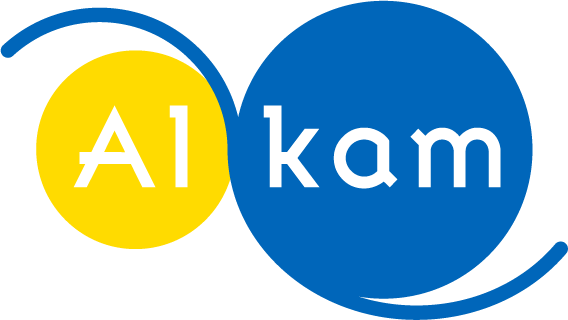

Pharmaceutical labels must meet stringent standards to ensure the safety, compliance and traceability of products in the healthcare industry. At Alkam, we offer labeling solutions specifically for the pharmaceutical industry, using durable materials that ensure readability and integrity of information even under harsh storage conditions. Our labels are designed to securely adhere to a variety of surfaces, from vials to blister packs, ensuring drug protection and safety.
Adhesive labels for
pharmaceutical labels
Contact
Fill out the form to receive more information about our labels.
Sectors
in which we operate
We are a multi-sector industrial label maker.

Manufacturers of Pharmaceuticals
These labels must ensure regulatory compliance and readability of critical information, such as dosages, warnings and ingredients, even in refrigerated environments.

Over-the-counter medicines

Medical Device Industry
Le etichette per dispositivi medici devono resistere a processi di sterilizzazione e ad alte temperature, mantenendo l'integrità delle informazioni e assicurando la tracciabilità del prodotto.

Medical devices

Nutritional Supplement Companies
Le etichette per integratori devono chiaramente riportare ingredienti, dosaggi e avvertenze, garantendo la conformità alle normative alimentari e farmaceutiche.

Supplements

Vaccine Manufacturers
Labels must withstand extreme storage conditions, such as refrigeration and freezing, ensuring traceability and product integrity throughout the distribution chain.

Vaccines and Biotechnology

Sanitization Products
These labels must be durable and easy to read, ensuring that information on health care products is always clear and accessible, especially in medical environments.

Hygiene

Diagnostic Product Manufacturers
Labels used in diagnostic instruments must be extremely precise and durable, maintaining readability and adhesion even in challenging laboratory conditions.

Pharma Diagnostics

Our pharmaceutical labels are manufactured using advanced technologies that include printing barcodes, serial numbers and other essential information, ensuring traceability throughout the distribution chain. We design labels that comply with international regulations, ensuring that each product is easily identifiable and that vital information is always clear and accessible.
Labels for
pharmaceutical companies
FAQ
We answer your doubts.
Yes, all our pharmaceutical labels comply with EU regulations, ensuring safety, traceability and compliance with applicable laws.
-
Medication Labels
-
High resistance, visibility of contents, barcodes must always be recognisable, the stringent rules for labels for this product make the advice of an expert like Alkam necessary.
-
Tube and vial labelling
-
Often a large number of test tubes have to be labelled quickly and correctly, healthcare cannot wait; therefore, it needs materials that do their job: saving lives.
-
Yes, our labels are designed to adhere securely to a variety of surfaces, ensuring that information remains legible and intact on vials, blister packs and other pharmaceutical packaging.


